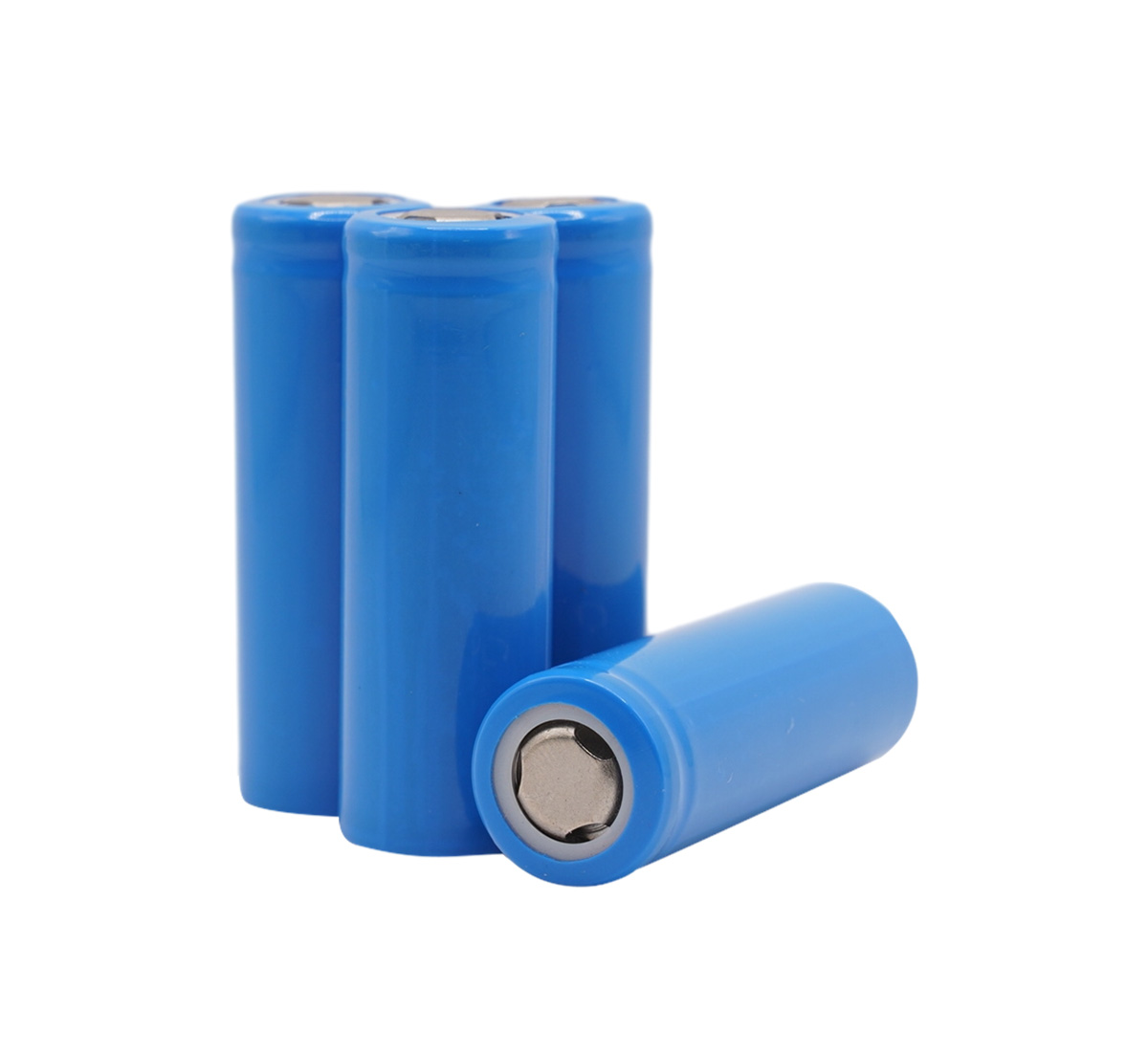Time:2024-03-04 Preview:1 source:News

Lithium-ion battery coating technology is a key step to evenly coat the electrolyte on the electrode sheet, which is of great significance for improving the performance and safety of lithium-ion batteries. The following is an analysis of lithium-ion battery coating technology:
The coating process of lithium-ion batteries usually includes four steps: pretreatment, coating, drying and baking. The pretreatment stage is mainly to remove impurities on the surface of the electrode sheet to ensure the uniformity and quality of coating. In the coating stage, a coating machine is used to evenly coat the electrolyte on the electrode sheet. The accuracy and uniformity of the coating amount are crucial to battery performance. The drying stage is to dry the coated electrode sheet to remove excess moisture and solvent to ensure that the electrolyte forms a solid electrolyte layer on the electrode sheet. Finally, the baking stage further improves the stability and performance of the electrolyte layer.
In terms of coating technology, currently commonly used coating methods include slot coating, blade coating and spray coating. Tank coating is to immerse the electrode sheet in an electrolyte tank to achieve coating, and is suitable for large-scale production. Squeegee coating uses a scraper to evenly scrape the electrolyte onto the electrode sheet, and is suitable for small-scale or laboratory production. Spraying technology sprays electrolyte in the form of gas onto the electrode sheet to form a coating, which has high coating speed and efficiency.
The selection of coating materials is also a key factor affecting the coating quality of lithium-ion batteries. Currently, commonly used coating materials include solvent-based and water-based. Solvent-based coatings have good leveling and adhesion, but the organic solvent needs to be evaporated during the coating process, causing certain pollution to the environment. Water-based coatings use water as the main component and are more environmentally friendly, but the film performance after drying is relatively poor. Therefore, researchers are developing new coating materials, such as high-solid content water-based coating materials and solvent-free coatings, to improve coating effects and environmental friendliness.
Related suggestion:
Special research on lithium thionyl chloride battery
Power lithium-ion batteries have moved from core technology to large-scale application stage